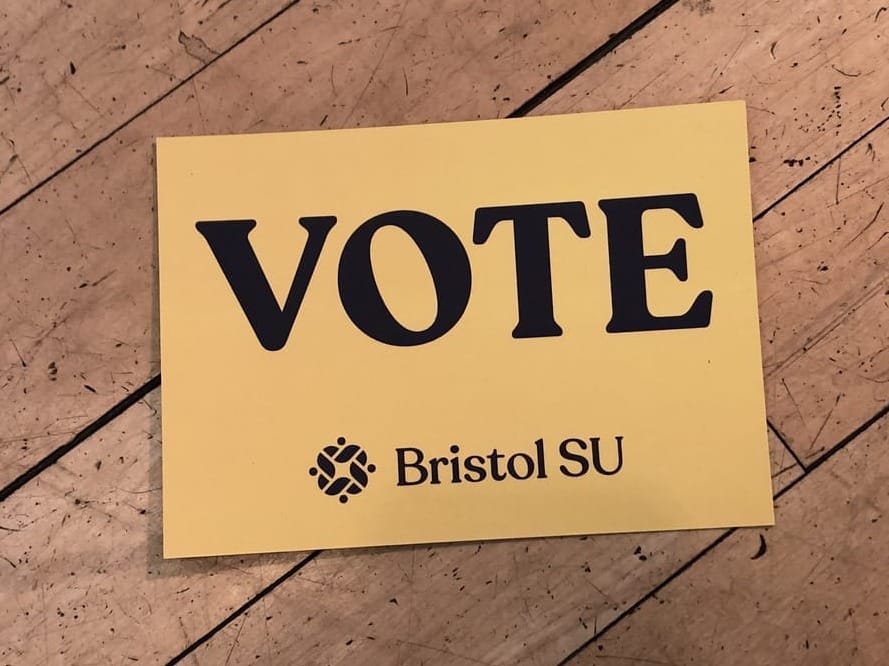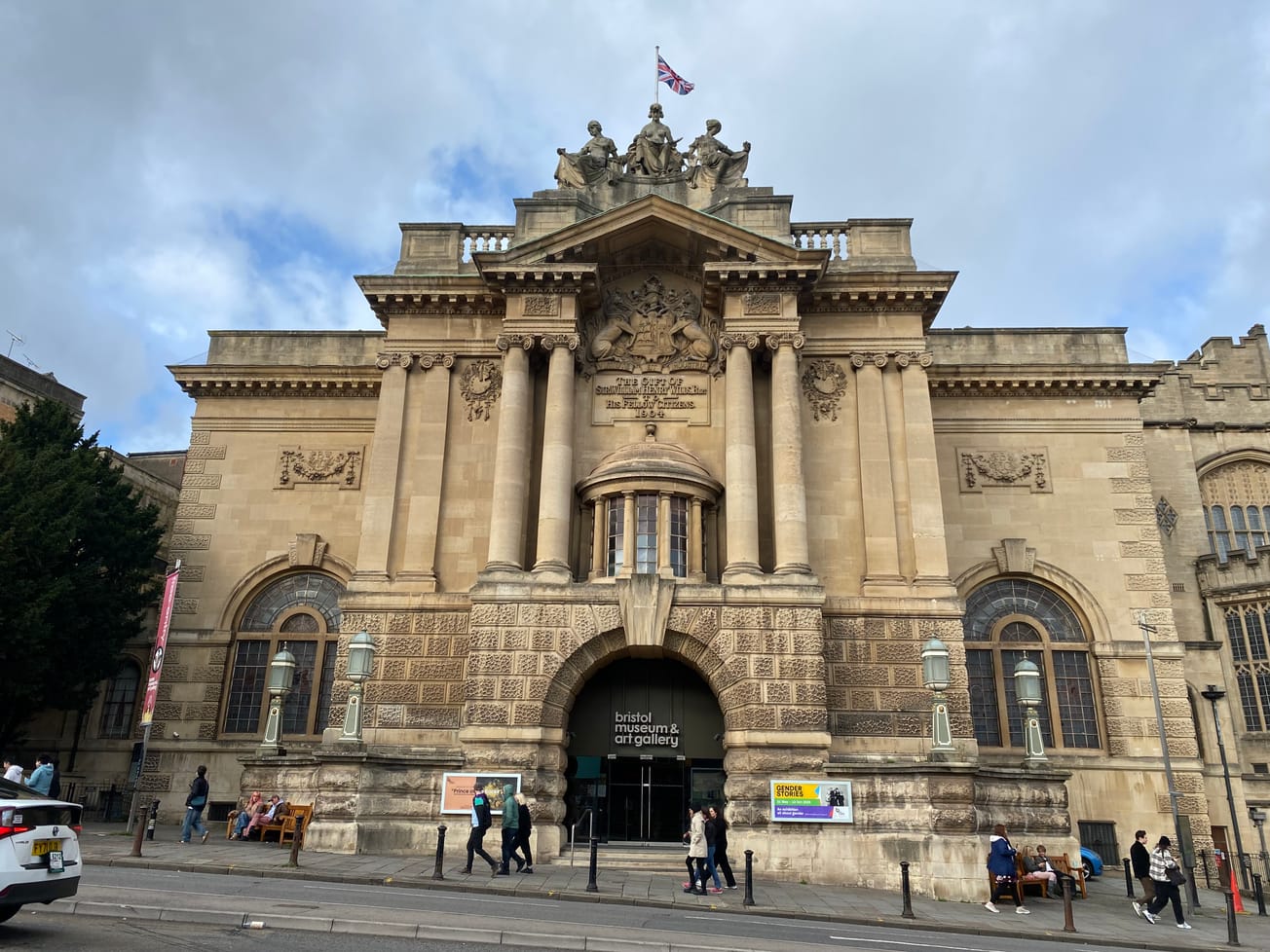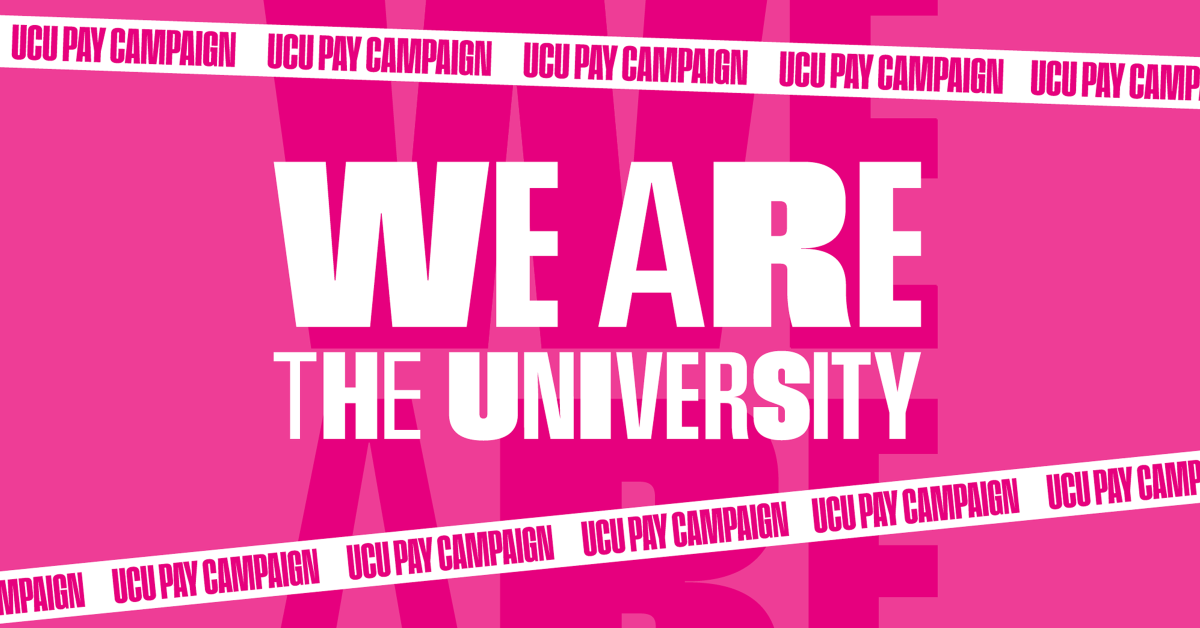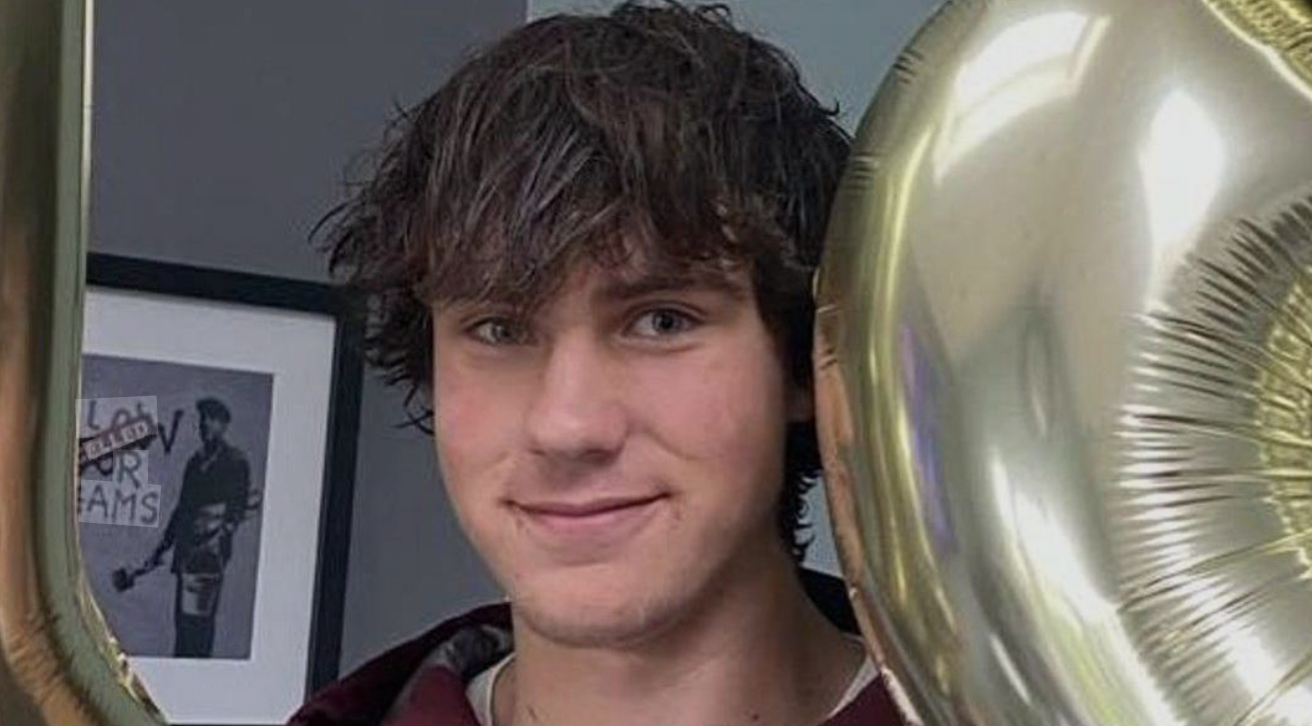By Will Standring, News Editor
It was a summer to remember, though not always fondly, for three of Bristol’s leading Labour Party Politicians. Labour Mayor of Bristol, Marvin Rees, suffered a major setback in his aim of entering the House of Commons when he lost the Labour selection battle for the new Bristol North East constituency. Meanwhile, Bristol North West’s Darren Jones and Bristol West’s Thangam Debbonaire were both moved to key positions in Keir Starmer’s shadow cabinet.
Rees, mayor-of-seven-years and supposed favourite for the candidacy, was beaten by incumbent Mayor of Lewisham, Damien Egan, in a Bristol North East party members vote in late July.
Thank you Bristol North East Labour members for selecting me to be your parliamentary candidate.
— Damien Egan (@damienegan) July 30, 2023
To represent Labour in the area I’m from, know and love is the greatest honour and I’m looking forward to getting on the doorstep to campaign across our new constituency. pic.twitter.com/IDjlbs13ZR
He was aiming to win selection as the Labour candidate for the new Bristol North East seat, which would have provided him with a clear pathway to Westminster.
Since his announcement in November that he would be ‘putting [his] hat in the ring’, Rees racked up endorsements from unions Unite, UNISON and GMB as well as current Bristol East MP Kerry McCarthy and the Bristol University Labour Party. Irish-born but Kingswood-raised Egan is believed to have won the election with 63 per cent of first preference votes from the electorate of just under 700 Labour Party members.
The new constituency, established in the 2023 Boundary Review, is expected to be a safe Labour seat having been formed from Labour strongholds in the city such as Eastville and Fishponds as well as left-leaning wards in the old Kingswood seat like Staple Hill.
NEW: How Bristol’s parliamentary map will look under proposed boundary changes.
— Pete Simson (@SimsonPete) June 8, 2021
In: Bristol North East/Bristol Central
Out: Bristol West/Kingswood pic.twitter.com/Px4syZS4Aa
With the role of Mayor being scrapped from 2024, Rees’ failure in the selection battle leaves him with no clear future as a Bristol representative.
Thangam Debbonaire fared better than Rees as she was appointed Shadow Secretary of State for Culture, Media & Sport in early September.
Debbonaire, whose Bristol West constituency features university areas such as Clifton, Cotham and Cabot, was previously Shadow Leader of the House where she would have been tasked with scheduling debate and overseeing parliamentary procedure.
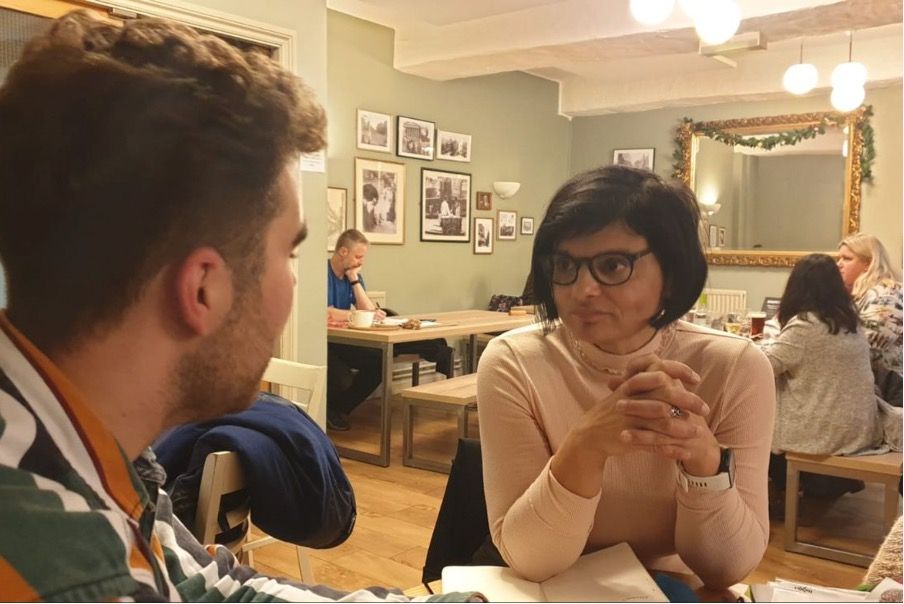
Her appointment to the new role came under scrutiny when she admitted that prior to taking the role she had never attended a rugby or football game, which critics suggested made her unsuitable for a role in which sport is such a large factor. However, her proponents point to her stint as a professional cellist in the Royal Liverpool Philharmonic Orchestra which, they suggest, leaves her more than suitable for the culture role.
Darren Jones has the most to celebrate of the three as he was appointed to Keir Starmer’s shadow cabinet for the first time.
MP for Bristol North West, which includes Stoke Bishop, since 2017, Jones was chair of the Business, Energy and Industrial Strategy (BEIS) select committee for three years. This role gave him a public platform from which he grew his profile through headline-making interrogations of business leaders and Prime Ministers.
The answers we heard on @CommonsBEIS from Royal Mail leaders today completely failed to stack up against the thousands of testimonies we’ve received from postal workers across the country. I’ll be announcing what further action we’ll be taking on this issue shortly. pic.twitter.com/xOc29nplKy
— Darren Jones MP (@darrenpjones) February 22, 2023
His new role is Shadow Chief Secretary to the Treasury, which would place him in charge of public spending if Labour were to enter government.
As no.2 to the Chancellor, he will have an increased media presence and you will probably see him on the airways explaining why Labour are unable to commit to one spending package or another.
Whether this is the role Jones wanted in the Shadow Cabinet is another matter. He was initially tipped to take the new Science, Innovation and Technology department due to his career as a technology lawyer, degree in Bioscience and experience on the BEIS committee.
What do you think of the developments in local politics?


